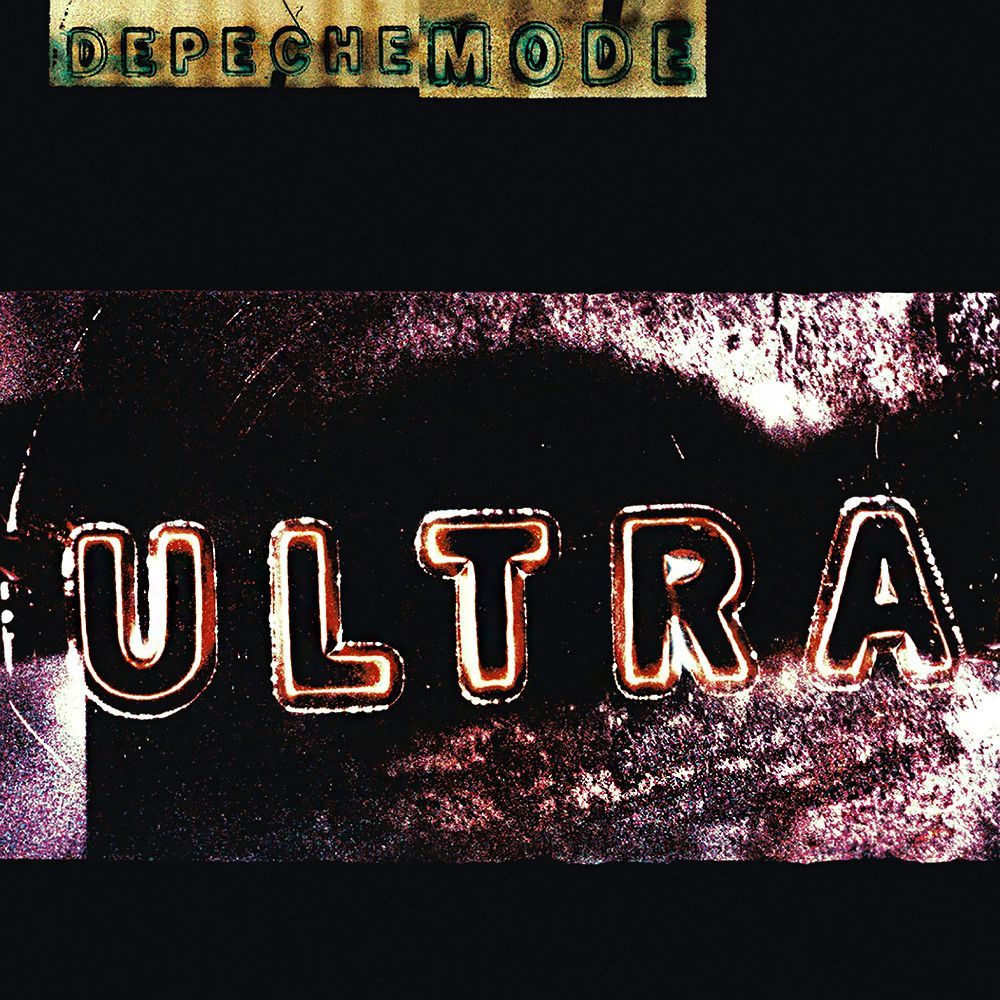When news surfaced in 1995 that Alan Wilder had departed Depeche Mode to concentrate on his solo project Recoil, the immediate concern among fans was whether the band would be able to hit past heights again. Though Wilder's profile was always much lesser than that of Martin Gore and David Gahan -- and almost even that of Andy Fletcher, whose nonperformance live has always been a running joke in the fan community and who freely admits to generally being around merely to maintain a vibe with his childhood friend Gore -- his capability at arranging the songs over the years gave the band its increasingly distinct, unique edge. Combined with Gahan's near suicide and lengthy recovery from drugs, things looked bleak. Happily, Ultra turned out a winner; hooking up with Tim Simenon, longtime U.K. dance maven and producer of arty fare such as Gavin Friday's Adam 'n' Eve, Depeche delivered a strong album as a rejuvenated band. The most immediate change was Gahan's singing; for the first time ever, he took singing lessons beforehand, and his new control and projection simply shines, especially on the marvelous "It's No Good," a pulsing, tense, yet beautiful song with another deeply romantic Gore lyric. Opener "Barrel of a Gun" continues in the vein of arena-level stompers like "Never Let Me Down Again" and "I Feel You," with huge drum slams and scratching to boot, but Ultra mostly covers subtler territory, such as the slightly creepy "Sister of Night" and the gentle "The Love Thieves." Gore sings two winners: the orchestral, slow dance groove "Home" and "The Bottom Line," featuring steel guitar and Can's Jaki Liebezeit on drums, distinctly different territory for Depeche. Closing with "Insight," a quite lovely, building ballad, Ultra showed Depeche wasn't ready to quit by any means. ~ Ned Raggett
